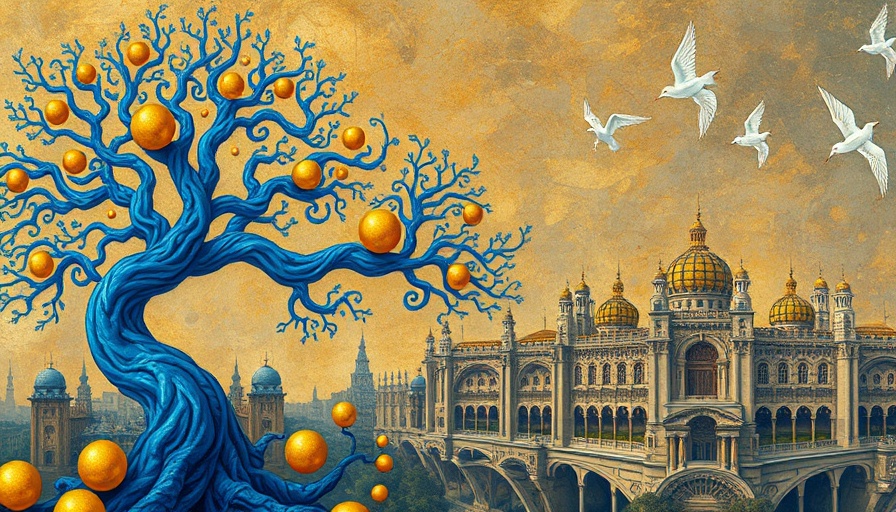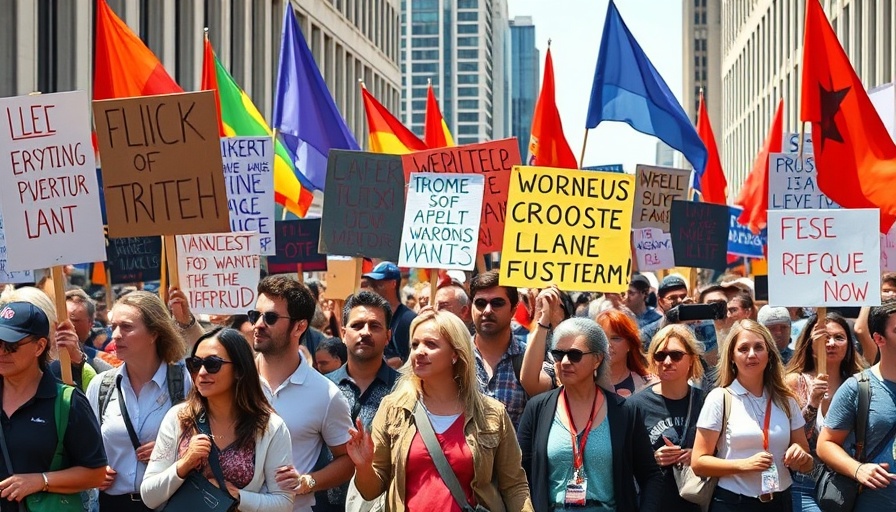
Reclaiming Patriotism: A Reflection on National Identity
In times of unrest and national turmoil, the notion of what it means to be patriotic often comes into question. This July 4th, amidst the fireworks and celebrations, many of us are confronted with our feelings about America, its ideals, and its actions. Are we celebrating a country that embodies the principles of freedom and justice, or are we witnessing the decline of those very values while masked by festive parades and flag-waving? The conflict of emotions becomes palpable, as illustrated by the poignant story of Celina Ramirez, a Guatemalan street vendor who clings to her hopes amidst oppressive realities. As we reflect on her situation, it's crucial to explore what patriotism means in a country where freedom is not equally distributed.
The Struggle for True Freedom
For many marginalized communities, the American dream feels like a distant illusion. Those who do not fit the mold of the idealized citizen—whether due to race, gender, socioeconomic status, or immigration status—often find themselves battling against systemic injustices. The contrast between the dreams depicted in our childhood education and the harshness of current realities is stark. Patriotic celebrations, like those on July 4th, risk failing to acknowledge the painful truths that haunt our nation. Indeed, the question arises: What is freedom worth if it is not granted to all?
Confronting Our Discomfort
As we reflect on our nation's narratives, it’s essential to acknowledge the complex feelings associated with the symbols of our patriotism, such as the American flag. For some, it represents freedom, hope, and unity; for others, it signifies a history of exclusion and trauma. This duality makes it difficult to celebrate without grappling with the darker chapters of our collective history. The ambivalence many feel towards iconic symbols echoes a broader societal struggle to reconcile our ideals with our reality.
Towards an Inclusive Patriotism
This July 4th serves as a reminder that true patriotism may require protest and active engagement. The act of protesting against injustices is not an affront to our nation but rather an affirmation of its potential. As Rumi wisely said, "Know that one day your pain will become your cure." Acknowledging our national wounds can transform them into a powerful catalyst for change. By fostering open dialogue about our country’s failings, we can work to reclaim the meaning of patriotism, ensuring it encompasses everyone—regardless of their background or identity.
Imagining a Bright Future
The current climate may feel bleak, but envisioning a more inclusive and equitable America is paramount. As individuals and community members, we must advocate for policies that uplift the marginalized and dismantle oppressive systems. This July 4th, let us consider how we can actively contribute to our communities—fighting for equality, justice, and understanding not just today, but every day. How will you reclaim patriotism in your own life?
Conclusion: The Call to Action
In these turbulent times, it’s easy to feel overwhelmed and powerless. However, embracing the call to advocate for others and speak out against injustices can help reshape our identity as a nation. By fostering compassion and inclusivity in our communities, we can take meaningful steps toward a brighter future. Remember, your voice matters; let it be heard.
 Add Row
Add Row  Add
Add 






Write A Comment